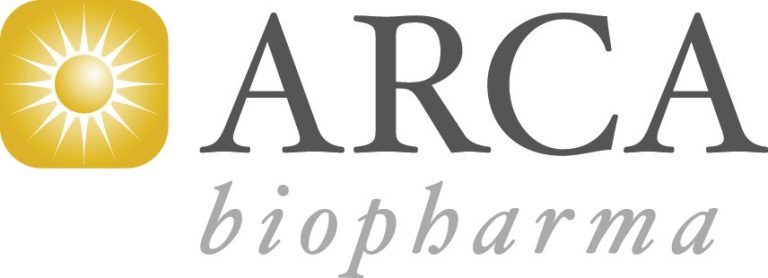
ARCA biopharma, Inc. (NASDAQ:ABIO) has had a rough start to the week this week. The company put out a release detailing the progress of a phase II trial that was put in place to investigate an asset called Gencaro, which ARCA is trying to demonstrate can be a safe and effective treatment for atrial fibrillation (AF) in patients with heart failure and reduced left ventricular ejection fraction (HFrEF).
And unfortunately for the company and its shareholders, the news isn’t great.
Before getting into exactly what happened, it’s worth taking a moment to address the condition itself.
AF is a common abnormal heart rhythm that happens when electrical impulses fire off from different places in the atria (the top chambers of the heart) in a disorganized way. When this happens, it causes the atria to twitch and is felt as an irregular heartbeat or pulse.
HFrEF is essentially a measurement that details how much blood is being pumped through the ventricle with every heartbeat so, in the case of reduced HFrEF, the situation is that not enough blood is passing through the ventricle per beat.
When you combine the two, in heart failure patients, it creates the population that ARCA is targeting.
So, with the latest trial, the company was trying to show that its asset, Gencaro, could outperform (or at least is non-inferior to) the current standard of care treatment in this space, which is a drug called TOPROL-XL.
And what did the data show?
Well, as mentioned, it’s not great for ARCA and its shareholders.
As per the latest release, Gencaro demonstrated no increased benefit compared to the active control, TOPROL-XL (Hazard ratio of 1.01) among patients globally. That’s the bad news. The good news is that, in the US patient cohort, a trend for potential superior benefit in favor of Gencaro over TOPROL-XL was observed (Hazard ratio 0.70).
That’s a bit of a positive spin, but whether it can carry this program into a pivotal study remains to be seen. Management has said that it’s going to sit down with the FDA over the coming months in an attempt to hammer out a forward path but the outcome of any such interaction is far from confirmed as being supportive of an advance.
And markets are reflecting this uncertainty in their response to the latest development.
At the time of writing, midday US, ARCA shares are trading for a substantial discount to their market open price, currently available at $0.52 – a more than 67% discount to the day’s bell-price.
ObsEva SA (NASDAQ:OBSV) is another company that just reported data in the biotechnology space and, just as was the case with the above discussed ARCA, the data is somewhat mixed.
This one relates to an asset called nolasiban, which the company is trying to get approved for improving pregnancy rate following in vitro fertilization/intracytoplasmic sperm injection (IVF/ICSI) procedures.
As per the latest data, the primary endpoint was met, with an absolute increase in ongoing pregnancy rate at 10 weeks of 7.1% (placebo 28.5% and nolasiban 35.6%, p = 0.031). So that’s a bit of good news. Similarly, in a second subsector, the primary endpoint was also met, with an absolute increase in ongoing pregnancy rate at 10 weeks of 7.1% (placebo 28.5% and nolasiban 35.6%, p = 0.031).
When you look at the third and final subgroup, however, things get a little murky.
In the ET D3 subgroup, there was a non-significant (as relates to a stat sig evaluation) 3.1% absolute increase in favor of nolasiban (placebo 22.2% and nolasiban 25.3%, p > 0.05).
So, basically, in a couple of subgroups this drug seems to work reasonably well. In another, however, it doesn’t seem to work above and beyond what we might expect from placebo, which takes the shine off the other two bits of data.
This uncertainty hasn’t impacted price as dramatically as it has with the ARCA news, however. Indeed, markets seem to be looking at the news somewhat favorably, weighting response towards the positive data.
At the time of writing, ObsEva is up around 1% on the daily open.
Enjoyed this piece? Read this next: Here’s What’s Moving KemPharm And Puma Biotechnology




